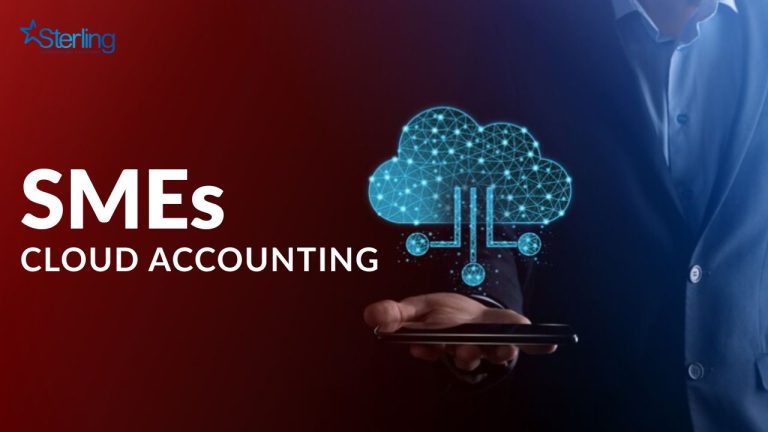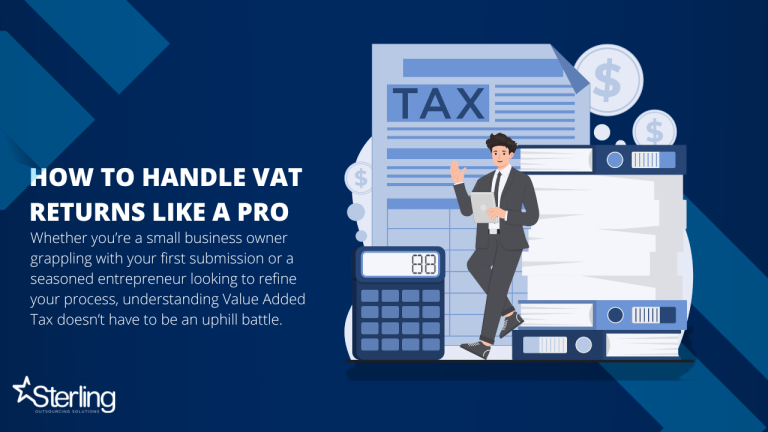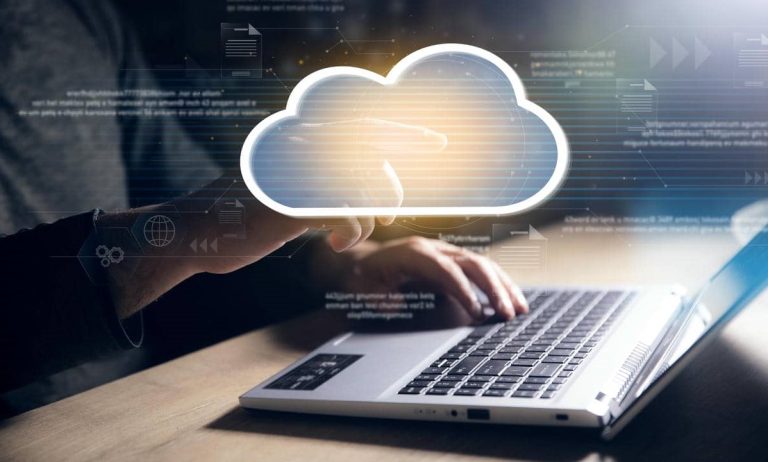Gather all Necessary Documentation
This section will discuss the essential documents you need to gather for a successful self-assessment.
-
Personal Details
The first step in preparing for your self-assessment is to gather all of your personal information, including your full name, date of birth, National Insurance number, and any relevant addresses or contact details. This information will be required throughout the self-assessment process.
-
Income Documents
Your income documents should include any sources of income you have received during the tax year you are reporting on. This could consist of salary slips from employment, dividends from investments or stocks, rental income statements if you own property and any other sources of income that may apply to you.
-
Expenses Records
As a taxpayer in the UK, you are entitled to claim certain expenses against your taxable income. It is essential to keep detailed records of all business-related expenses incurred throughout the tax year so that they can be deducted from your total taxable income later on. These expenses may include travel costs for work purposes, office supplies and equipment purchases, professional memberships and subscription fees related to your job or business operations.
-
Bank Statements
Your bank statements provide a clear paper trail of your financial transactions throughout the tax year, making them essential documentation for your self-assessment. They will help you accurately record your income and expenses, especially if you are self-employed or have multiple income streams.
-
Pension Contributions
If you have a personal pension, gather all relevant documents related to your contributions during the tax year. This includes statements from pension providers and any tax relief received on these contributions.
-
Tax Forms
You may receive other tax forms throughout the year, such as P45s and P60s from employers, bank interest statements (form R85), or dividends from stocks and shares (form R185). Please keep track of these additional forms and include them in your self-assessment.
-
Property Details
If you own property or land in the UK, make sure to gather all relevant documents related to it, including rental agreements, mortgage statements, insurance information, and details of any capital gains or losses.
Check for any Changes or Updates from HMRC
When preparing for your self-assessment, one of the first things to do is visit the HMRC website. This is where you will find all the latest information and updates related to tax filing. You can also sign up for email alerts from HMRC to notify you of any changes or updates.
It is essential to keep an eye out for any updates regarding tax laws, regulations, and deadlines, as they can be subject to change each year. For example 2020, due to the COVID-19 pandemic, HMRC extended the deadline for 2019/2020 self-assessments by three months until January 31st, 2021. Such changes are significant for individuals who would have otherwise been unaware of this extension.
Another critical update to look out for from HMRC relates to Making Tax Digital (MTD). This new system requires businesses and self-employed individuals to keep digital records of their earnings and file their taxes online every quarter.
Utilise Online Tools and Resources
These resources can save you time and effort and ensure that your self-assessment is accurate and compliant with the HMRC guidelines. Here are some essential online tools and resources that you can use to ace your self-assessment:
-
The GOV.UK website
The most reliable and official source for all tax-related information is the government's website - GOV.UK. It has a dedicated section on self-assessments where you can find detailed guidance notes, helpful videos, and calculators to assist you with your tax return.
-
HMRC Online Services
The HM Revenue & Customs (HMRC) offers various digital services that make it easier for taxpayers to manage their taxes. You can use these services to register for a personal tax account, file your tax return, check your payments or claim refunds securely.
-
Free Self-Assessment Software
If you prefer filling out paper forms rather than using online services provided by HMRC, free software like 'SelfAssessment.co.uk' or 'SimpleTax' can help you complete your tax return accurately without any hassle.
-
Record-Keeping Apps
Keeping track of all your expenses throughout the year is crucial to accurately completing a self-assessment. With record-keeping apps like 'Expensify' or 'Receipt Bank,' you can upload, organize, and store all your receipts and documents in one place.
-
Tax Forums/Communities
Join a tax discussion forum or a community for freelancers, small business owners, or self-employed individuals. In these forums, you can find answers to your tax-related questions and get advice from experts and experienced taxpayers.
Common Mistakes to Avoid During Self-Assessment
Self-assessment can seem daunting, especially for those who need to become more familiar with the process. It involves evaluating your performance, achievements, and development over a specific period. However, it is an essential exercise as it allows you to reflect on your progress and identify areas for improvement.
While self-assessment can be beneficial if done correctly, some common mistakes can hinder the correct effectiveness of the exercise. This section will discuss these mistakes and provide tips on avoiding them to ace your self-assessment in the UK.
-
Leaving it until the last minute
One of the most common mistakes people make when it comes to self-assessment is leaving it until the deadline approaches. This often results in a rushed and incomplete assessment, which does not accurately reflect your yearly performance. It is essential to give yourself enough time to gather all necessary information and thoroughly evaluate your achievements and areas for improvement.
Tip: Set aside dedicated time each month or quarter to keep track of your accomplishments and notes for self-assessment.
-
Focusing only on negative aspects
Self-criticism can be beneficial constructively, but solely focusing on negative aspects can lead to demotivation and a lack of confidence in one's abilities. Acknowledging and celebrating your successes and strengths during self-assessment is essential.
Tip: Start by listing down positive achievements or moments where you felt proud of yourself before moving on to areas for improvement.
How to Maximise Deductible Expenses
One of the critical components of completing a self-assessment in the UK is maximizing your deductible expenses. Deductible expenses are legitimate business costs that can be deducted from your total income, reducing the amount you must pay in taxes. As a self-employed individual, it is crucial to understand how to effectively maximize these expenses to lower your tax bill and increase your take-home earnings.
-
Keep detailed records
This includes keeping receipts, invoices, bank statements, and any other relevant documentation that can support your claims.
-
Understand eligible deduction categories
These include costs related to travel, office supplies, equipment purchases, professional fees or dues, advertising and marketing expenses, home office expenses, and more.
-
Separate personal and business expenses
Make sure to have separate bank accounts for personal and business use to account for all transactions.
-
Claim all allowable expenses
It's important to notice all potential deductible expense opportunities on your self-assessment form.
-
Take advantage of flat rate deductions
For specific categories such as working from home or using your vehicle for business, you can use the HMRC's simplified expenses flat rate allowance.
-
Include capital allowances
Any large purchases of equipment or assets used for business purposes may be eligible for capital allowances, which allow you to deduct a portion of the cost each year over several years.
-
Consult with a professional
If you are still deciding what expenses you can claim, it is always best to seek advice from an accountant or tax advisor who can help ensure you claim all allowable deductions.
By thoroughly reviewing your expenses and any potential deductions you may qualify for, you can reduce your taxable income and save significantly on your tax bill.
Get expert guidance at Star Sterling Outsource before completing your UK self-assessment.




